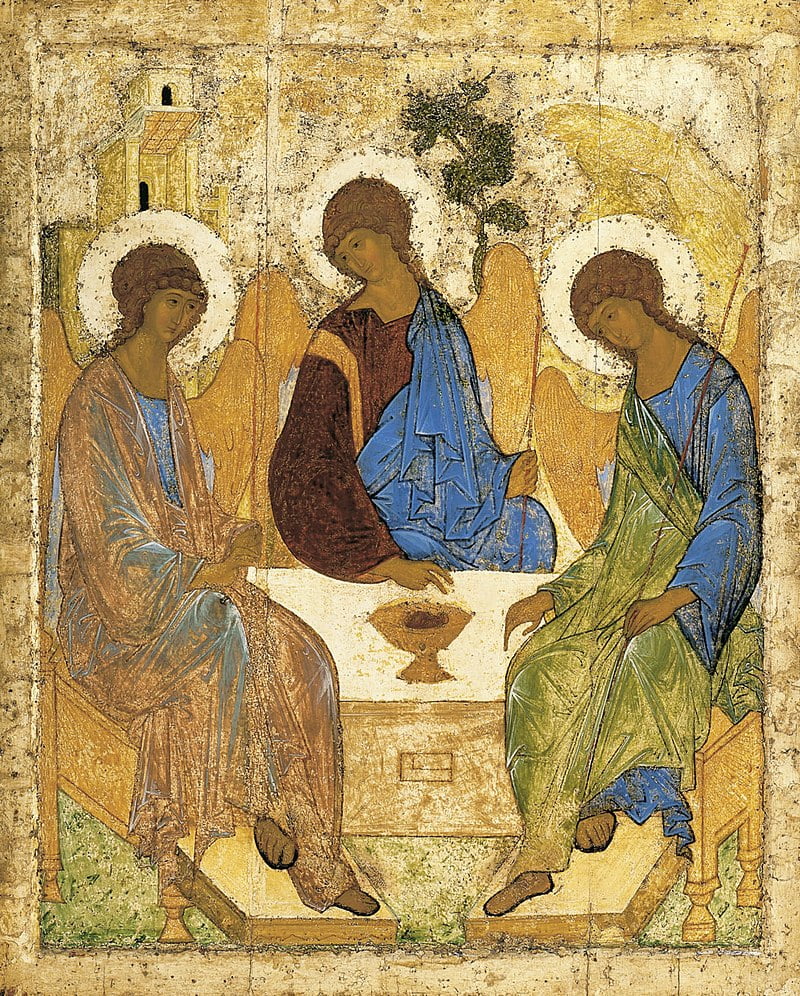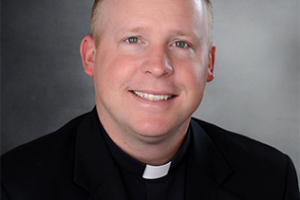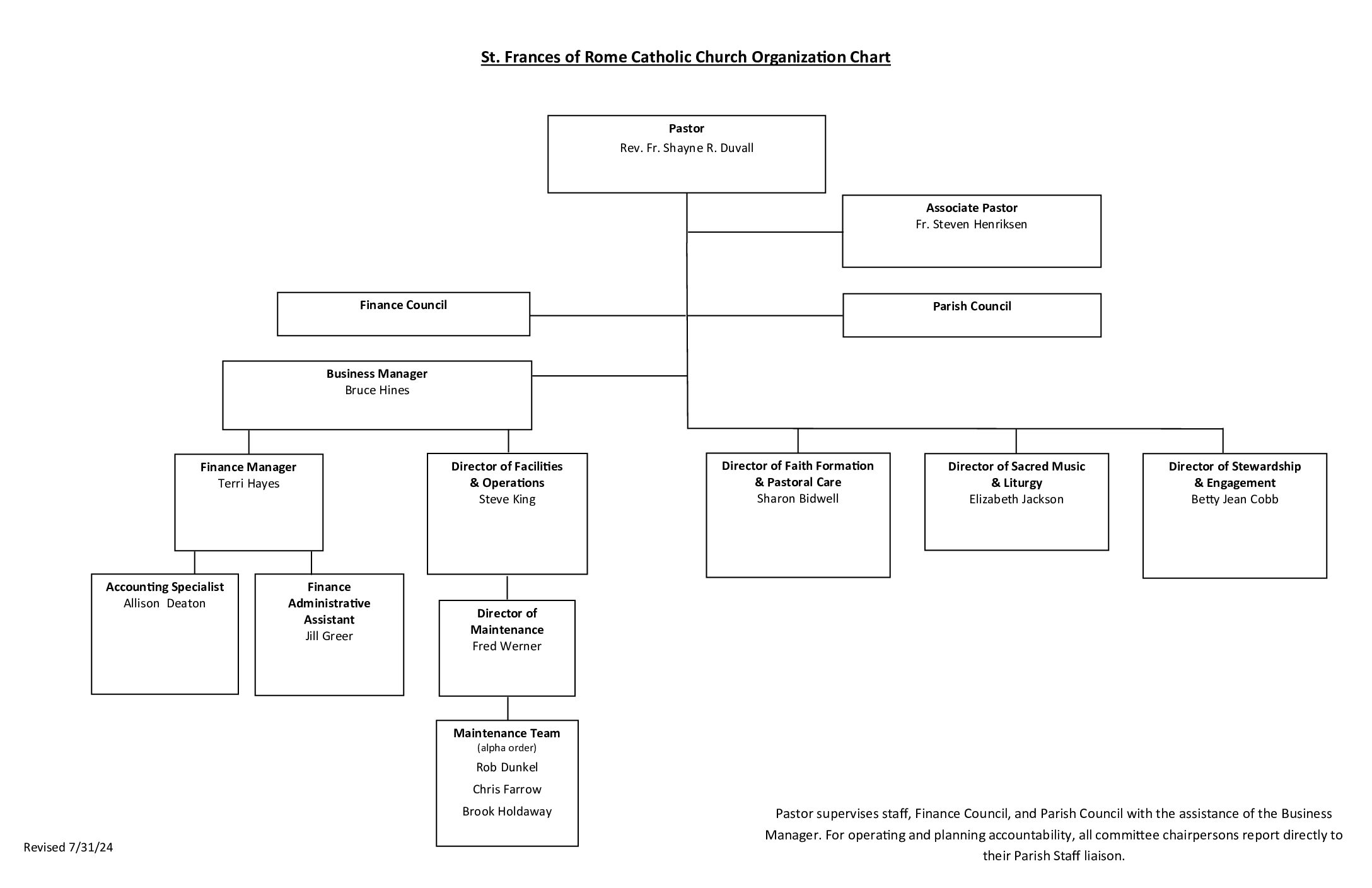
9, 10, 11 …
With Pentecost and the end of the Easter season, the Church enters Ordinary Time. The name comes from the Latin word for order or counting, not the modern sense of the word as plain or “ordinary.” These are the weeks that are assigned numbers instead of names. And so this coming Sunday is the 9th Sunday in Ordinary Time. Except that the two Sundays following Pentecost are feast days that celebrate great mysteries of our faith. So this coming Sunday is the feast of the Holy Trinity. It’s an extraordinary Ordinary Time Sunday.
So what does it mean to say that the Trinity is a mystery? Often we think that it means that it is something that we can’t understand. That’s in line with the modern sense of the word. But calling the Trinity a mystery goes much further back than the modern meaning of the word. At the time of the early church the Mysteries were religious traditions. They were rituals that shaped the way an individual saw and understood the world and life itself. Unfortunately, because they were secret we don’t know much of the content of the mysteries of Eleusis or Isis. But we do have accounts from people about their life being shaped and changed by experiencing the mysteries.
So in thinking of the Trinity as a mystery try thinking of it in the sense that the first Christians to call it a mystery might have thought of it. How does the concept that community is at the very essence of God shape the way you understand the world, how you react to the world and all of the people in it? How should it shape how we as parish communities see the world around us, interact with the people around us?
That, in the best and most ancient sense, is truly a mystery.
-Fr Lou


